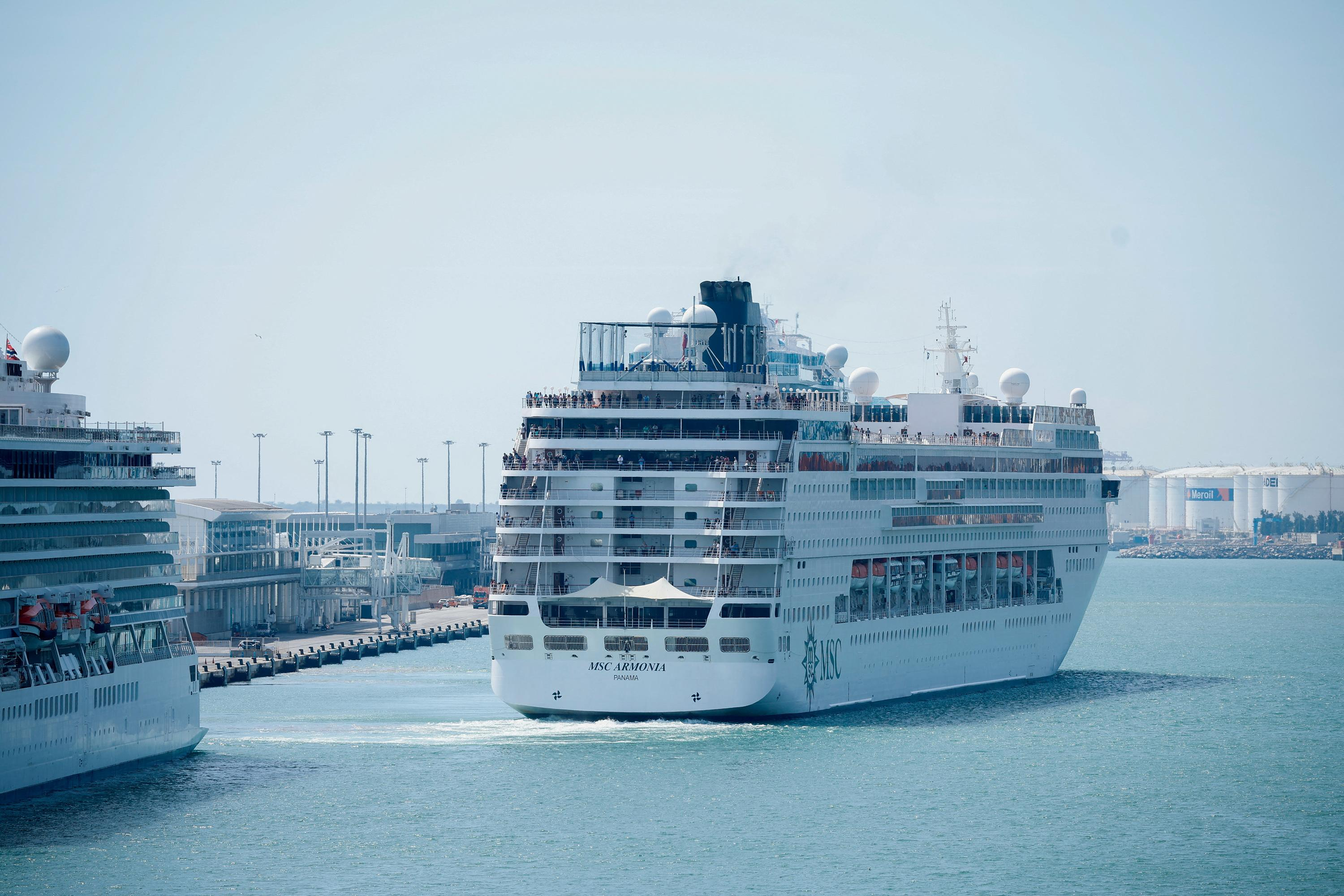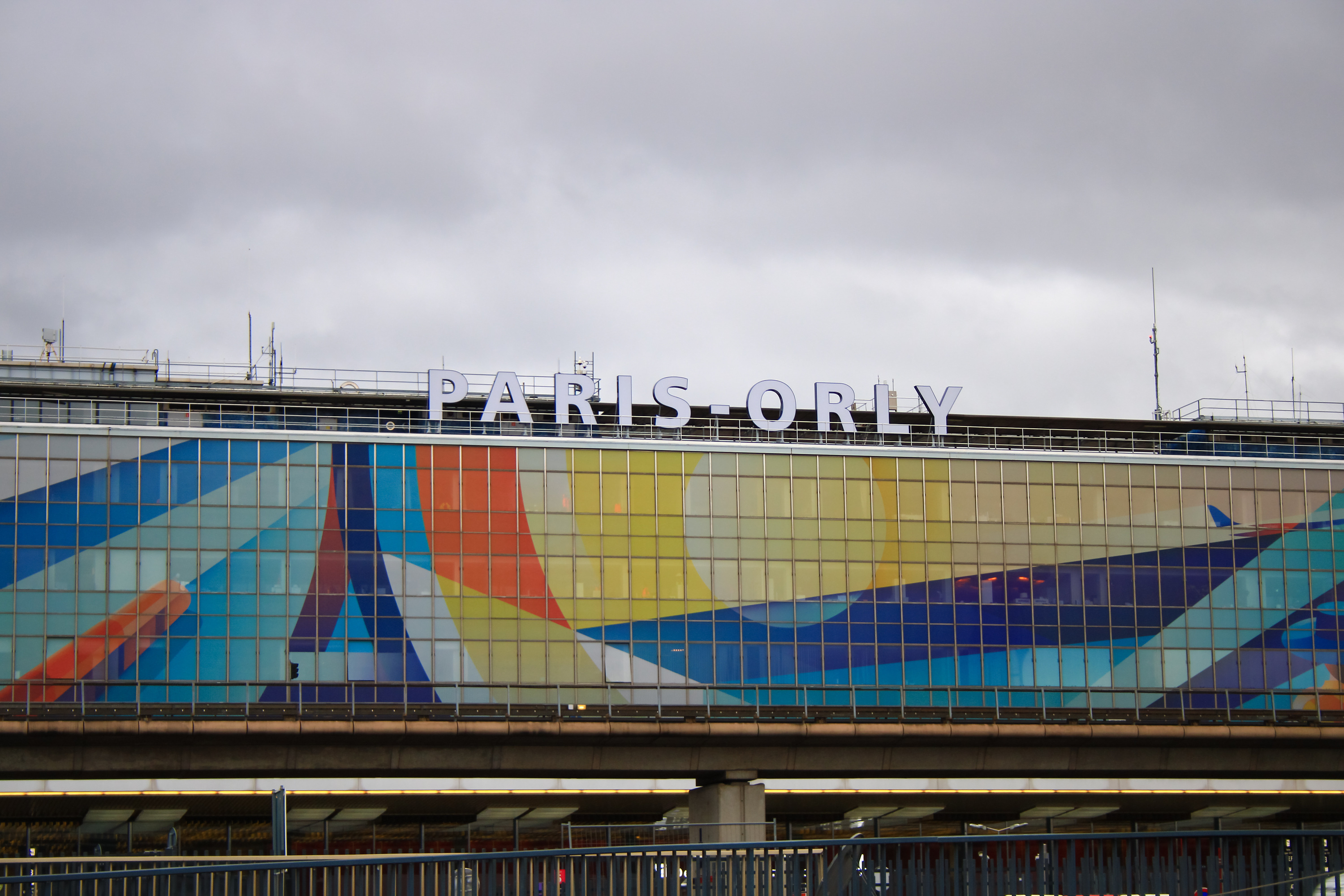Twelve years ago, Airbus celebrated an order worth billions from Saudi Arabia to protect the kingdom's external borders. The group, which operated as EADS at the time, was to set up a high-tech security system with radar systems in the world's largest project of its kind.
But in 2018 the then federal government stopped arms exports because of the kingdom's involvement in the Yemen war and the murder of journalist Jamal Khashoggi in the Saudi Consulate General in Istanbul.
This also stopped the border project in its original version. According to WELT information, a change in the project, including an alternative solution, is now planned.
Airbus boss Guilllaume Faury is part of the business delegation that accompanied Chancellor Olaf Scholz on his trip to the Arabian Peninsula with a stop in Saudi Arabia. There is silence about the interlocutors of the Airbus boss, but Faury is very interested in the end of Germany's arms export ban to the kingdom. It is said that the Saudi Crown Prince Mohammed bin Salman also has hopes for an end to the arms blockade, while Scholz is more concerned with energy security issues.
For Airbus, the countries in the Gulf region visited by Scholz – Saudi Arabia, United Arab Emirates and Qatar – are major customers, be it for aircraft, satellites or armaments, but also for future hydrogen technology for eco-aircraft. But not everything is going smoothly, as the border security project shows.
In November 2021, a renewal of the expired export control license was applied for. "We are currently waiting for approval from the federal government," said a spokesman. At the same time, there are talks with the Saudi government about adjusting the contract.
After that, an established domestic partner could be involved to achieve more local added value. Saudi Arabia has announced that its state-owned armaments company SAMI (Saudi Arabia Military Industries) will become one of the world's 25 largest armaments companies by 2030.
With a Saudi partner in the border protection project, Airbus could solve a dilemma. The armaments division of the group is obliged to fulfill the contract. Airbus says: "In the current context, this includes, as far as possible, working with goods that do not require the necessary export licenses, for example 'German-free components'".
In addition, a replanning of the project to a “maritime solution” is being sought, according to a management report recently published in the Federal Gazette by Airbus Defense and Space GmbH. There, Airbus speaks openly of an alternative solution. Because of the export ban, the company decided to “aim for a partial execution of the contract”.
Literally it even says: "The new export restriction no longer poses a significant risk for the company in view of the alternative solution." Opportunities could also arise for Airbus if the customer is responsible for delays.
There is no information about the financial volume of the alternative solution. The original solution for the 9,000-kilometer-long Saudi Arabian border was speculated to be worth twelve billion dollars. However, only the northern part to Iraq was completed in 2014 and there have been delays. The new solution is likely to be significantly smaller. It is a technical solution for Saudi Arabia's sea borders, but not a solution based on ships or anything like that, they say.
One of the peculiarities of the border project is a legal dispute between the Hensoldt Group and Airbus over the use of electronic binoculars. It is a dispute between companies that once belonged together. Hensoldt's NightOwl binoculars, developed in Germany, were originally developed under EADS/Airbus before Airbus sold the sensor activities.
In 2020, Airbus sued Hensoldt for a good 30 million euros because of alleged quality defects. Hensoldt responded with a counterclaim. The conflict was settled behind closed doors in front of an arbitration tribunal. Hiddenly, Hensoldt recently announced in the half-year report that in June the dispute was "ended without any further significant effects" by a confidential arbitration award. Obviously a win for Hensoldt.
"Everything on shares" is the daily stock exchange shot from the WELT business editorial team. Every morning from 7 a.m. with our financial journalists. For stock market experts and beginners. Subscribe to the podcast on Spotify, Apple Podcast, Amazon Music and Deezer. Or directly via RSS feed.

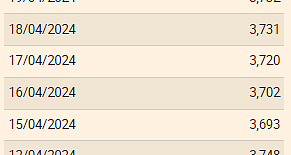 The Euribor today remains at 3.734%
The Euribor today remains at 3.734% Germany: the trial of an AfD leader, accused of chanting a Nazi slogan, resumes this Tuesday
Germany: the trial of an AfD leader, accused of chanting a Nazi slogan, resumes this Tuesday New York: at Columbia University, the anti-Semitic drift of pro-Palestinian demonstrations
New York: at Columbia University, the anti-Semitic drift of pro-Palestinian demonstrations What is Akila, the mission in which the Charles de Gaulle is participating under NATO command?
What is Akila, the mission in which the Charles de Gaulle is participating under NATO command? What High Blood Pressure Does to Your Body (And Why It Should Be Treated)
What High Blood Pressure Does to Your Body (And Why It Should Be Treated) Vaccination in France has progressed in 2023, rejoices Public Health France
Vaccination in France has progressed in 2023, rejoices Public Health France Food additives suspected of promoting cardiovascular diseases
Food additives suspected of promoting cardiovascular diseases “Even morphine doesn’t work”: Léane, 17, victim of the adverse effects of an antibiotic
“Even morphine doesn’t work”: Léane, 17, victim of the adverse effects of an antibiotic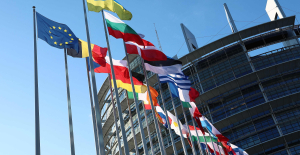 MEPs validate reform of EU budgetary rules
MEPs validate reform of EU budgetary rules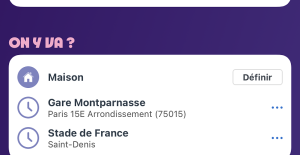 “Public Transport Paris 2024”, the application for Olympic Games spectators, is available
“Public Transport Paris 2024”, the application for Olympic Games spectators, is available Spotify goes green in the first quarter and sees its number of paying subscribers increase
Spotify goes green in the first quarter and sees its number of paying subscribers increase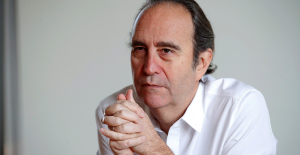 Xavier Niel finalizes the sale of his shares in the Le Monde group to an independent fund
Xavier Niel finalizes the sale of his shares in the Le Monde group to an independent fund Owner of Blondie and Shakira catalogs in favor of $1.5 billion offer
Owner of Blondie and Shakira catalogs in favor of $1.5 billion offer Cher et Ozzy Osbourne rejoignent le Rock and Roll Hall of Fame
Cher et Ozzy Osbourne rejoignent le Rock and Roll Hall of Fame Three months before the Olympic Games, festivals and concert halls fear paying the price
Three months before the Olympic Games, festivals and concert halls fear paying the price With Brigitte Macron, Aya Nakamura sows new clues about her participation in the Olympics
With Brigitte Macron, Aya Nakamura sows new clues about her participation in the Olympics Skoda Kodiaq 2024: a 'beast' plug-in hybrid SUV
Skoda Kodiaq 2024: a 'beast' plug-in hybrid SUV Tesla launches a new Model Y with 600 km of autonomy at a "more accessible price"
Tesla launches a new Model Y with 600 km of autonomy at a "more accessible price" The 10 best-selling cars in March 2024 in Spain: sales fall due to Easter
The 10 best-selling cars in March 2024 in Spain: sales fall due to Easter A private jet company buys more than 100 flying cars
A private jet company buys more than 100 flying cars This is how housing prices have changed in Spain in the last decade
This is how housing prices have changed in Spain in the last decade The home mortgage firm drops 10% in January and interest soars to 3.46%
The home mortgage firm drops 10% in January and interest soars to 3.46% The jewel of the Rocío de Nagüeles urbanization: a dream villa in Marbella
The jewel of the Rocío de Nagüeles urbanization: a dream villa in Marbella Rental prices grow by 7.3% in February: where does it go up and where does it go down?
Rental prices grow by 7.3% in February: where does it go up and where does it go down? Europeans: “All those who claim that we don’t need Europe are liars”, criticizes Bayrou
Europeans: “All those who claim that we don’t need Europe are liars”, criticizes Bayrou With the promise of a “real burst of authority”, Gabriel Attal provokes the ire of the opposition
With the promise of a “real burst of authority”, Gabriel Attal provokes the ire of the opposition Europeans: the schedule of debates to follow between now and June 9
Europeans: the schedule of debates to follow between now and June 9 Europeans: “In France, there is a left and there is a right,” assures Bellamy
Europeans: “In France, there is a left and there is a right,” assures Bellamy These French cities that will boycott the World Cup in Qatar
These French cities that will boycott the World Cup in Qatar Serie A: Bologna surprises AS Rome in the race for the C1
Serie A: Bologna surprises AS Rome in the race for the C1 Serie A: Marcus Thuram king of Italy, end of the debate for the position of number 9 with the Blues?
Serie A: Marcus Thuram king of Italy, end of the debate for the position of number 9 with the Blues? Milan AC-Inter Milan: Thuram and Pavard impeccable, Hernandez helpless… The tops and flops of the derby
Milan AC-Inter Milan: Thuram and Pavard impeccable, Hernandez helpless… The tops and flops of the derby Ligue 2: Auxerre leader, Bordeaux in crisis, play-offs... 5 questions about an exciting end of the season
Ligue 2: Auxerre leader, Bordeaux in crisis, play-offs... 5 questions about an exciting end of the season




